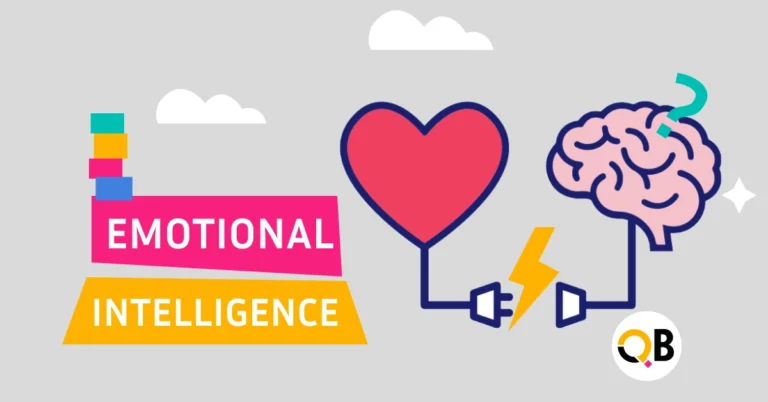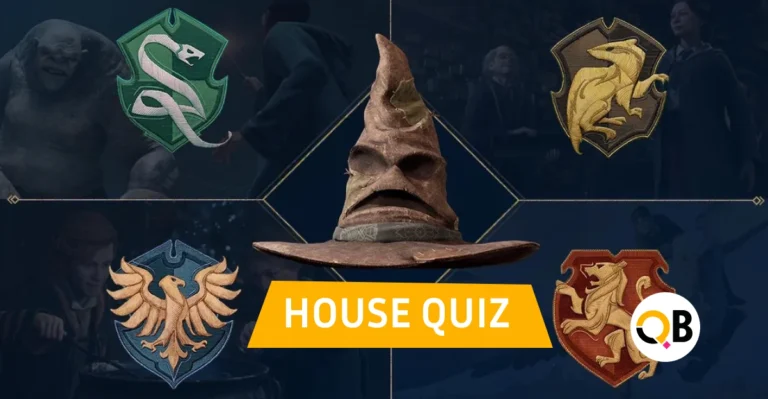Periodic Table Quiz — Test Your Knowledge of Chemical Elements
How well do you know the elements of the periodic table? 🧪
From Hydrogen (H) to Oganesson (Og), this free periodic table quiz challenges your memory of element names, symbols, atomic numbers, and classifications.
Perfect for:
- 🔬 Students & teachers
- 🧠 Chemistry revision & study prep
- 🏆 Trivia fans & science lovers
Scroll down and start the quiz anytime — no signup required!
What This Periodic Table Quiz Covers
This quiz checks how well you understand core elements of chemistry, including:
Element Names & Symbols
Example: What is the symbol for Potassium? (K)
Atomic Numbers & Order
Example: Which element has atomic number 20?
Element Groups & Families
Metals, nonmetals, noble gases, halogens, alkali metals, and more.
Properties & Classifications
Basic understanding of element behavior in the table.
How This Quiz Works
- ⭐ Multiple-choice questions
- 📊 Score updates at the end
- 🔁 Replay as many times as you want
- 💡 Designed for both fun & learning
Try again to beat your high score and memorize more elements!
Quick Study Guide — Key Periodic Table Facts
What is the periodic table?
The periodic table organizes chemical elements by atomic number, electron configuration, and recurring chemical properties. Elements in the same group share similar behaviors.
How many elements are currently known?
There are 118 confirmed chemical elements as of today.
Categories of Elements
| Category | Examples | Key Feature |
|---|---|---|
| Nonmetals | Hydrogen, Carbon, Oxygen | Poor conductors, essential to life |
| Metals | Iron, Sodium, Copper | Good conductors & malleable |
| Noble Gases | Helium, Neon, Argon | Stable + low reactivity |
| Halogens | Fluorine, Chlorine, Iodine | Reactive nonmetals |
| Metalloids | Silicon, Boron, Arsenic | Properties of both metals & nonmetals |
First 10 Elements (Table)
| Atomic Number | Element | Symbol |
|---|---|---|
| 1 | Hydrogen | H |
| 2 | Helium | He |
| 3 | Lithium | Li |
| 4 | Beryllium | Be |
| 5 | Boron | B |
| 6 | Carbon | C |
| 7 | Nitrogen | N |
| 8 | Oxygen | O |
| 9 | Fluorine | F |
| 10 | Neon | Ne |
FAQs About the Periodic Table
Q: How many elements are in the periodic table today?
As of 2025, scientists recognize 118 confirmed chemical elements. In addition, new discoveries may expand this number in the future.
Q: Who invented the periodic table?
Dmitri Mendeleev created the first version of the periodic table in 1869. Since then, scientists have added new elements and updated the layout to improve accuracy. As a result, the modern periodic table reflects current scientific knowledge.
Q: What is the first element in the periodic table?
The first element is Hydrogen (H), with atomic number 1. It is also the lightest element. For example, Hydrogen makes up most of the matter in stars, including our Sun.
Q: Which elements are noble gases?
Noble gases include Helium (He), Neon (Ne), Argon (Ar), Krypton (Kr), Xenon (Xe), and Radon (Rn). Because their electron shells are full, they rarely react with other elements. Therefore, they are chemically stable.
Q: Why is the periodic table arranged in groups?
Groups organize elements that share similar chemical and physical properties. As a result, scientists can predict how an element might behave in experiments or reactions. In contrast, elements in different groups often show very different behaviors.
Q: What are metals, nonmetals, and metalloids?
First, metals conduct heat and electricity well and usually appear shiny and flexible.
Next, nonmetals work differently; they are poor conductors and include essential elements like Carbon and Oxygen.
Meanwhile, metalloids—such as Silicon and Boron—show a mix of both metallic and nonmetallic traits. In addition, understanding these categories helps students and scientists classify elements quickly.
Ready? Start the Quiz!
Tap the button below to begin:
👉 Start the Quiz
Share Your Score!
Think you know your elements? Challenge friends, classmates, or study groups to beat your score!
- 📌 Share on social media
- 🔁 Retry anytime
- 🎓 Use for revision or memorization
Let’s see how many elements you can name without looking at a chart 👀
More Quizzes You Might Like
- General Knowledge Quiz
- Science Quiz
- Biology & Human Body Quiz
- Memory Match Puzzle — Elements Edition
- What Type of Learner Are You?





Leave a Reply